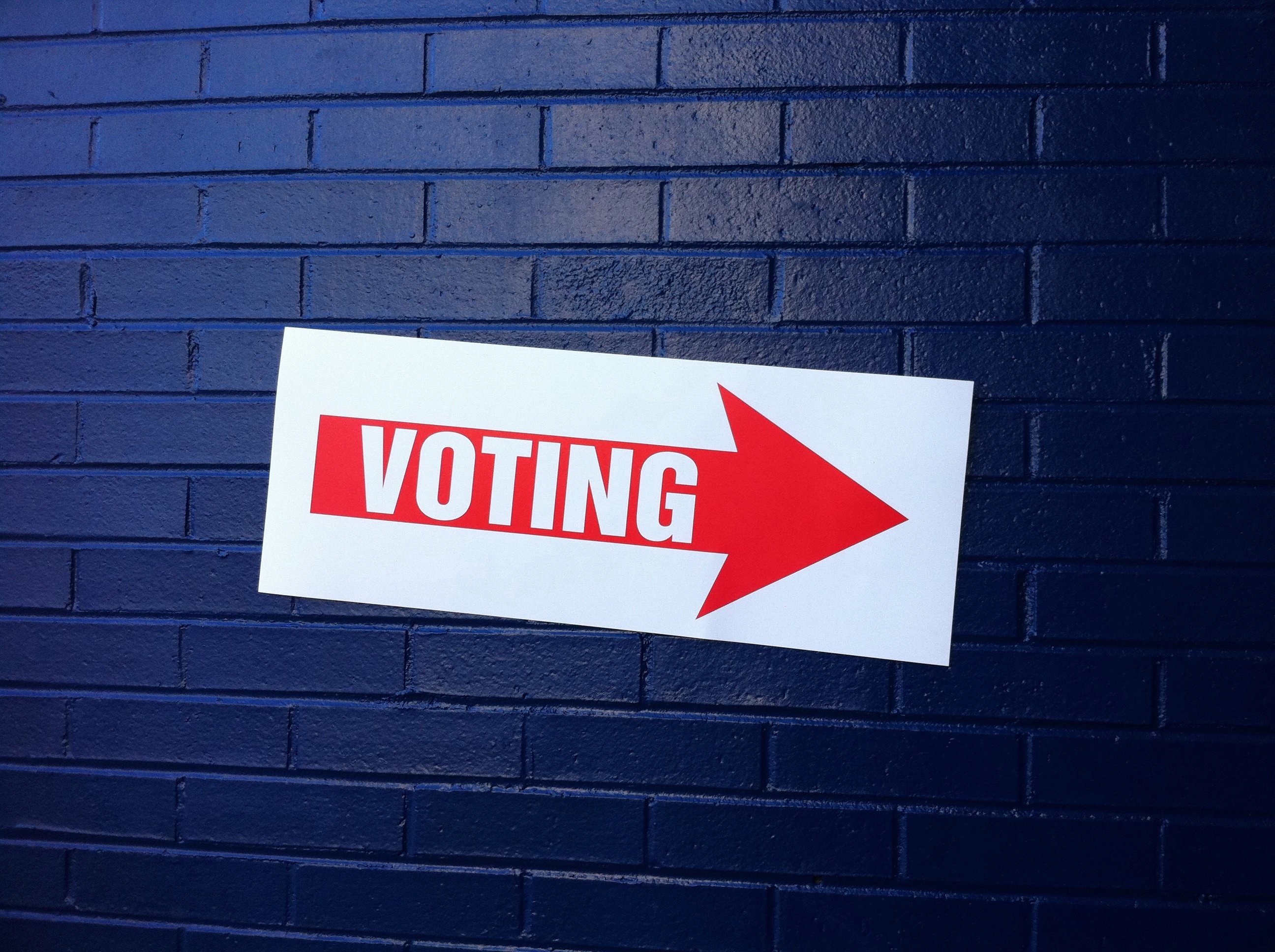Written by Tim Seeberger
President Donald Trump stunned the world when he defeated Hillary Clinton in the general election. Shocking many media outlets and democratic voters, Trump won 270 of the 538 electoral votes quite easily through gaining key swing states early on. Although the Republican candidate won the electoral vote, Trump lost the popular vote by over 2 million. Many Americans now question the legitimacy and need for the electoral college because of the disconnect between the popular vote opinion and the results of the Electoral College.
With political tensions rising in the time after the collection the questions is: What’s the point of the Electoral College?
The Electoral College system began under the 12th amendment of the U.S. Constitution. In the early stages of America, the writers of the constitution disputed over how to elect the next president: should the people elect them by popular vote or should officials do the job for them? Some founding fathers wanted the people to control the fate of the country, but others did not trust the masses, ergo the 12th amendment included the electoral college.
The founding fathers thought this was the fairest way for the government to elect the president. The Electoral College a group of state-nominated officials who cast their ballots on behalf of their state to elect the president of the United States.
Many believe the popular vote should constitute the winner of the general election, but the system’s focus on the electoral votes at the state level puts the significance of the popular vote at a disadvantage from the start. Many do not realize the popular vote is at the national level. The Electoral College declares the winner because the votes are counted state-by-state to elect a national winner. For this reason, Clinton can win the popular vote in extensive lengths and still lose. She now resides at the top of the list with four other candidates that won the popular vote, but lost the election.
Many feel the point of the Electoral College is no longer valid or applicable. This year, countless articles have been written about the Electoral College and the term has been googled more this past November than the last 10 years.
In the case of this year’s election, Democrats were disenfranchised in electoral representation because of the disconnect between the popular and electoral vote count. This issue of the electoral college, though, does not solely extend to Democrats. Some Republicans in solid blue states such as California have argued against the system as well. These voters feel silenced in these states because the voting trends do not aid their vote. They feel the sting of their vote not mattering.
This is why many Republicans in places like California and New York do not bother turning out to the polls. They understand that their vote will not matter as much because of the densely-populated urban areas that vote Democrat. This sway of the votes in each state from urban areas hold the power to win an entire state.
Looking at the New York map, Clinton won only 15 out of the 62 counties in the state of New York. She won New York, Kings, Queens, Nassau and Westchester County, five of the most populated counties in the state. The idea that 15 populated counties can outweigh the opinion of the rest of New York demonstrates what some would consider an inequality in the system.
If the system were to base itself solely on the popular vote, cities would have much less significance in the election, causing the playing field to be leveled. The cities’ voting power wins states because largely-populated areas create a vote for one party that outweighs the rest of the state that votes for another party. If the voting system switched to a national popular vote, the size of a city would mean little in comparison to the rest of the population in the nation.
[pullquote speaker=”Scott Waller, chair of Biola University’s political science department” photo=”” align=”center” background=”on” border=”all” shadow=”on”]“The point of the Electoral College is to make demands on people who are competing for the presidency to take the country as a whole seriously. It forces the candidates to run as the president of the United States, not as president of certain areas and ignore other areas.[/pullquote]
Some political science majors at Biola University weighed in on the point of the Electoral College and if it is still needed in the United States.
“I think there are some minor changes that need to happen, but I don’t think the electoral college needs to go anywhere,” said senior political science major Adam Meadows. “There needs to be less strict laws about requiring the electors to vote with their state. There should be more room for occasional disagreement and voting your conscience, but I think the bigger reforms that need to happen are actually at the nomination process level for electors.”
Appointed members of the Electoral College meet in their respective states after an election in December to cast their votes for the President. The possibility of electoral voters casting their votes on their conscience still exists, although this has an extremely slim chance of ever becoming reality.
Historically, 99 percent of the members of the Electoral College voted as “faithless” officials. This means they sided with the results of their state rather than contribute electoral votes for the party they side with. In this case, the idea of elected members of the college going against the popular vote of the state seems highly unlikely.
In the end, the Electoral College looks to make the presidency race holistic.
“The point of the Electoral College is to make demands on people who are competing for the presidency to take the country as a whole seriously,” said Scott Waller, chair of Biola University’s political science department. “It forces the candidates to run as the president of the united states, not as president of certain areas and ignore other areas.”
“We don’t live in a direct democracy,” said senior political science major Brian Funke. “Our nation was created as a democratic republic for a reason and I think the electoral college has done more good than bad because it allows people from different regions to garner and leverage their vote in different ways.”
In the perplexing days and weeks after the end to an insane election with a seemingly surprising outcome, everything America stood for came into question. The Electoral College fell into this Herculean vat of national existentialism. On one side, supporters of the system believe it upholds equality by rationing out representation through Electoral population. Others looked at it differently, believing that the system does not truly represent the voting population of America because it largely leaves out disenfranchised voters and does not take the popular vote into account. Although with less prominence than in recent times, this debate will rage on from now until the next election in 2018.





